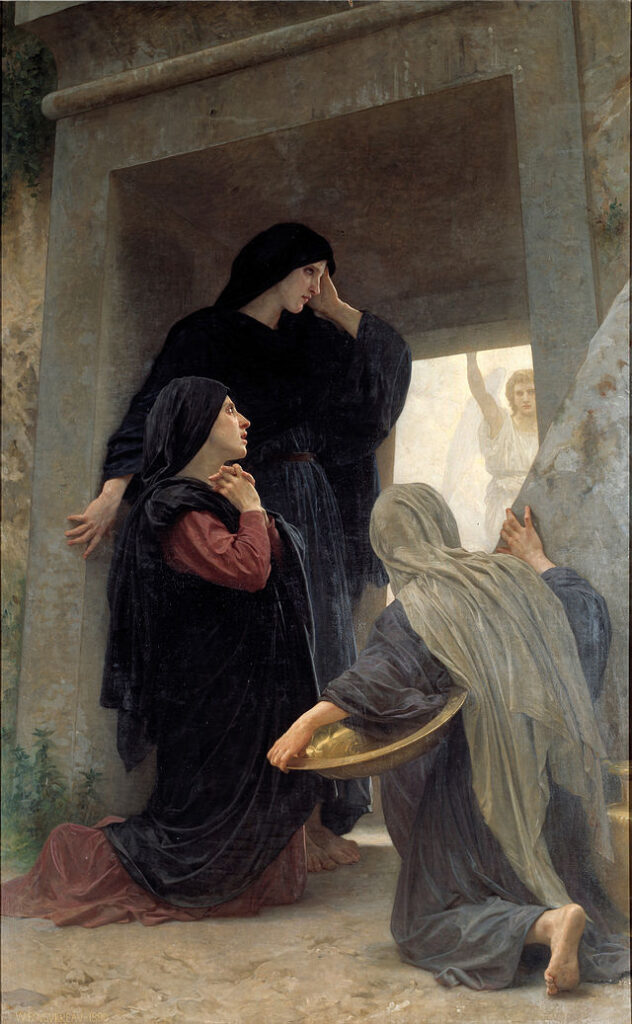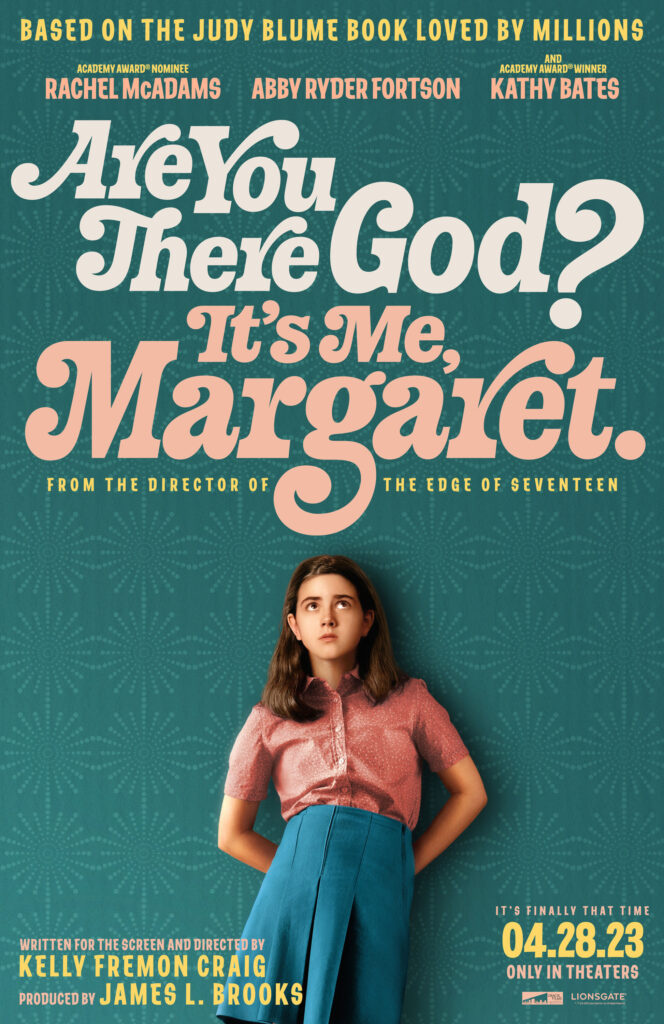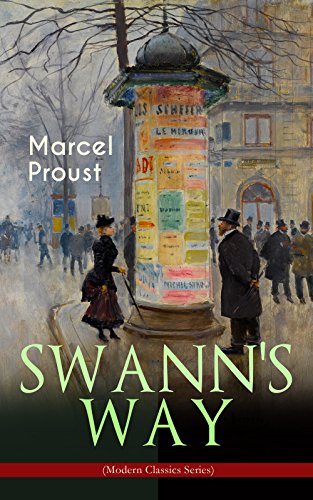Note: If you wish to receive, via e-mail, (1) my weekly newsletter or (2) daily copies of these posts, notify me at [email protected] and indicate which you would like. I promise not to share your e-mail address with anyone. To unsubscribe, send me a follow-up email.
Thursday
Julia and I will be missing Joe Biden by a few days as we head for Ireland this weekend. Biden is currently visiting the two Irelands to celebrate the 25th anniversary of the 1998 Good Friday agreement, negotiated by Bill Clinton, which persuaded the Protestant unionist parties and the Catholic nationalist parties to renounce violence and share power. Over 3500 people died during the three decades of strife, known as “the troubles,” before the agreement was signed.
In a recent Washington Post article, Clinton examined what it took to arrive at the historic agreement. In the course of the piece, he remembers turning to “The Cure at Troy,” by Irish Nobel Prize winner Seamus Heaney, when the American president was seeking a solution.
I wrote in depth about “Cure at Troy” when Joe Biden quoted from it in one of his closing ads of the 2020 presidential race. I’m repurposing that essay here to second Clinton’s point that sometimes unsolvable problems can in fact be solved. While the future is somewhat worrisome, what with the UK’s withdrawal from the EU complicating relations between Ireland and Northern Ireland, Clinton is right to applaud how “an entire generation in Northern Ireland that has grown up largely free from the horrors of sectarian violence, free to focus on solving problems and seizing opportunities.
And indeed, Julia and I would not be traveling to Belfast without the Good Friday agreement.
At a time when Northern Ireland was still experiencing violence, Clinton cited Heaney in his bid for peace:
In 1995, when I made my first visit to Northern Ireland, I stood before a crowd of thousands in Derry and recited the lines of one of its favorite sons, Seamus Heaney: “History says, Don’t hope / On this side of the grave. / But then, once in a lifetime / The longed-for tidal wave / Of justice can rise up, / And hope and history rhyme.”
Now, 28 years later, Clinton cites another line from the poem:
On this anniversary, the people of Northern Ireland and all their friends around the world have much to celebrate. I hope this moment of shared memory will allow them to continue the work of peace and inspire others to believe, as Heaney wrote, in “miracles / And cures and healing wells” and find their own way forward.
“The Cure at Troy” occurs in Heaney’s verse translation of Sophocles’s Philoctetes (it was extracted and retitled as a separate poem). In the play, Heaney has the chorus imagining a time when, in the line beloved by both Clinton and Biden, “the longed for tidal wave/ Of justice [will] rise up/ And hope and history rhyme.” Here it is:
Human beings suffer,
They torture one another.
They get hurt and get hard,
Can fully right a wrong
Inflicted and endured.
History says, Don’t hope
On this side of the grave,
But then, once in a lifetime
The longed-for tidal wave
Of justice can rise up
And hope and history rhyme.
So hope for a great sea-change
On the far side of revenge.
Believe that the farther shore
Is reachable from here.
Believe in miracles
And cures and healing wells.
Call miracle self-healing,
The utter self-revealing
Double-take of feeling.
If there’s fire on the mountain
And lightning and storm
And a god speaks from the sky
That means someone is hearing
The outcry and birth-cry
Or new life at its term.
It means once in a lifetime
That justice can rise up
And hope and history rhyme.
The line about getting hurt and getting hard recalls an earlier Irish poem about Irish fanaticism that Heaney would know well. In “Easter 1916,” William Butler Yeats writes of the Irish nationalists, “Too long a sacrifice/ Can make a stone of the heart.” Heaney probably had the Irish troubles in mind when he wrote his version of Philoctetes in 1991.
At the center of the play is a young man who rediscovers his principles and stands up for what is right. Neoptolemus, the son of Achilles, is on a mission with Odysseus to persuade the archer Philoctetes to return to the Greeks since the Trojan War cannot be won (so they have learned) without the famed archer’s legendary bow. This after the Greeks have marooned Philoctetes on an island because his repulsive injury and incessant moans are driving everyone crazy.
The crafty Odysseus, knowing that the embittered Philoctetes will never listen to him, figures that the wounded archer may come to trust the young and innocent Neoptolemus. To that end, he persuades Achilles’s son to pretend he too has been shunned by the Greeks, thereby winning Philoctetes’s sympathy.
Because Neoptolemus considers such subterfuge a violation of his integrity, he balks at first but then reluctantly goes along. After all, what are one’s moral qualms when the fate of the Greeks is at stake? The ploy works, Neoptolemus gets hold of Philoctetes’s famed bow, and the transactional Odysseus regards the mission as accomplished. He has gotten what he wanted and now feels free to jettison the archer.
Neoptolemus, however, has second thoughts and returns the bow to Philoctetes. Odysseus is furious:
Odys: What has you so worked up? Why can we not
Just rise and go? What’s on your mind?
Neop: I did a wrong thing and I have to right it.
Odys: What was that?
Neop: I did this whole thing your way.
Odys: We were Greeks with a job to do, and we did it.
Neop: I behaved like a born liar.
Odys: But it worked!
It worked, so what about it?
Neop: Not for me.
And I’m not leaving til the thing’s put right.
Odys: It’s the bow. You’re having second thoughts.
Neop: What else?
Odys: You mean you’re going to just give it back?
Neop: The scales will even out when the bow’s restored.
Although Odysseus threatens dire repercussions, Neoptolemus remains firm.
Having reestablished trust with Philoctetes, Neoptolemus then attempts to persuade him to return to the Trojan war. The archer is understandably suspicious—is this just a new trick?—but Neoptolemus is now speaking to him as a friend. The young man tells Philoctetes that, having been so damaged by Greek rejection, so filled with resentment, he no longer can see his higher destiny—something which certainly could have been said of those Unionists and Catholic activists involved in the troubles:
Your courage has gone wild, you’re like a brute
That can only foam at the mouth. You aren’t
Bearing up, you are bearing down. Anybody
that ever tries to help you just gets savaged.
You’re a wounded man in terrible need of healing
But when your friends try, all you do is snarl
Like some animal protecting cubs.
Philoctetes isn’t buying, however, and insists on Neoptolemus keeping his promise to take him home. Having given his word, Neoptolemus agrees and the Greek cause appears to be doomed.
According to Clinton, developing trust was key to the 1998 Friday agreement. He notes that
the political leaders on all sides showed real courage in making sacrifices and compromises with their adversaries and committing to inclusivity, knowing perfectly well that they were putting their own political futures at risk. Trust was built slowly but surely through years of confidence-building measures, such as prisoner releases and cease-fires.
In Sophocles’s play, when trust has been developed at a human level, the gods intervene to bring about the desired end. Therefore, following the budding friendship of Neoptolemus and Philoctetes, we have divine intervention from Hercules, a deus ex machina who tells Philoctetes that he must return to Troy.
Hercules doesn’t literally speak from the sky in Heaney’s version as he does in Sophocles’s. Rather, his words represent Philoctetes’s internal breakthrough:
Philoctete (crying out): Hercules:
I saw him in the fire
Hercules
was shining in the air
I heard the voice of Hercules in my head.
Hercules is thematically important as a man who has achieved divinity, and a god speaking is a sign of miraculous healing. As the chorus puts it,
If there’s fire on the mountain
And lightning and storm
And a god speaks from the sky
That means someone is hearing
The outcry and birth-cry
Or new life at its term.
Referring to his fabled labors, Hercules explains to Philoctetes (through the chorus),
I have opened the closed road
Between the living and the dead
To make the right road clear to you.
This is the voice of Hercules now.
Here on earth my labors were
The steppingstones to upper air:
Lives that suffer and come right
Are backlit by immortal light.
As I read these lines, I think of how emerging from the troubled decades must have felt like escaping from an abusive relationship. After facing unending threats of violence, Northern Ireland could begin to dream again. Hercules (through the chorus) tells Philoctetes that he must think higher than simply returning home to safe and sound Scyros:
So let my mind light up your mind
You must see straight and turn around.
You must complete your oath-bound course
You cannot yet return to Scyros [his home].
Go, Philoctetes, with this boy,
Go and be cured and capture Troy.
Asclepius will make you whole,
Relieve your body and your soul.
Go, with your bow. Conclude the score
And cruel stalemate of our war.
North Ireland’s troubles might not be the only conflict Heaney had in mind since apartheid South Africa was on the cusp of its own miraculous breakthrough when he wrote the play. This may be why Heaney–again departing from Sophocles’s script–warns against reprisal killings and shrine violations from the forces of liberation. Continuing with his instructions to Philoctetes, Hercules says,
But know to shun
Reprisal killings when that’s done.
Then take just spoils and sail at last
Out of the bad dream of your past.
Make sacrifice. Burn spoils to me.
Shoot arrows in my memory.
And, Neoptolemus, you must be
His twin in arms and archery.
Marauding lions on that shore,
Troy’s nemesis and last nightmare.
But when the city’s being sacked
Preserve the shrines. Show gods respect.
Reverence for the gods survives
Our individual mortal lives.
In South Africa there would be the Truth and Reconciliation process, which sought for forgiveness and healing, even as it insisted also on accountability and justice. I don’t know if Northern Ireland has had anything comparable, but in the play Philoctetes feels like a new person when he sheds his resentments. Suddenly love of country overrides his grievances:
Philoctetes: Something told me this was going to happen.
Something told me the channels were going to open.
It’s as if a thing I knew and had forgotten
Came back completely clear. I can see
The cure at Troy. All that you say
Is like a dream to me and I obey
Neoptolemus: And so will I.
Hercules (through chorus): Then go, immediately.
The winds are blowing and the tides are high.
Meanwhile the chorus tells us that, while we should suspect “too much sweet talk”—another phrase for facile optimism?—nevertheless we should always keep an open mind:
Now it’s high watermark
And floodtide in the heart
And time to go.
The sea nymphs in the spray
Will be the chorus now.
What’s left to say?
Suspect too much sweet talk
But never close your mind.
It was a fortunate wind
That blew me here. I leave
Half-ready to believe
That a crippled trust might walk
And the half-true rhyme is love.
May we all carry the hope, as we look to the future, that a crippled trust might walk again.










